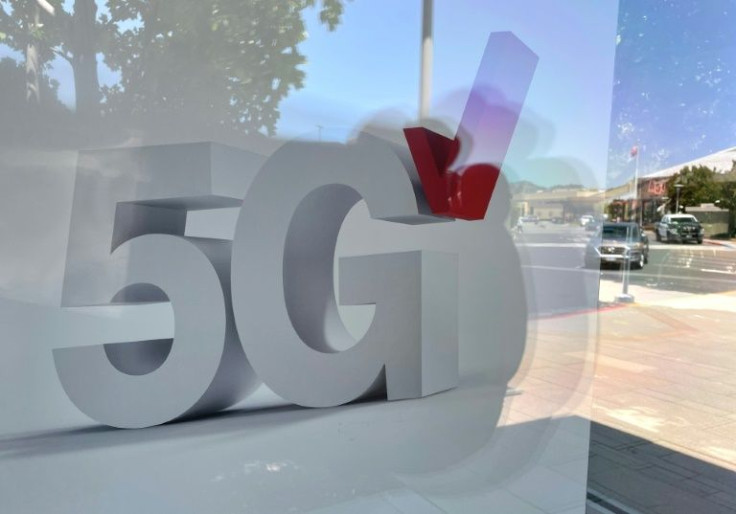What Is 5G And How Does It Affect Flight Safety?
KEY POINTS
- 5G offers 100 times faster connectivity speeds than 4G technology
- Some aviation experts believe the new technology could interfere with an aircraft's radio altimeter
- Telecom industry representatives say 5G would not interfere with important aircraft equipment
A plan to roll out a new 5G wireless service in airports across the United States has raised concerns about its potential effect on flight safety and aircraft technology.
What is 5G?
5G is the fifth generation of cellular networks that offers up to 100 times faster connectivity speeds and greater bandwidth than 4G technology. The new cellular network technology allows people to download a full-length HD movie in seconds. It’s also being used in connective vehicles and augmented reality, according to Ericsson.
AT&T and Verizon were scheduled to roll out the new 5G wireless internet service in the U.S. in early December. However, the plan was put on temporary pause after the CEOs of 10 airlines, including Emirates, Air India and Japan Airlines, announced they will cancel flights into the country amid uncertainty about the impact of 5G phone cell service on critical airplane technologies.
“Due to operational concerns associated with the planned deployment of 5G mobile network services in the U.S. at certain airports, Emirates will be suspending flights to the following U.S. destinations from 19 January 2022 until further notice: Boston (BOS), Chicago (ORD), Dallas Fort Worth (DFW), Houston (IAH), Miami (MIA), Newark (EWR), Orlando (MCO), San Francisco (SFO) and Seattle (SEA),” Emirates said in a statement.
How does 5G affect airplanes and aviation?
It is unclear how 5G technology affects aircraft equipment. However, some aviation experts believe the frequency band of the cellular network could interfere with the “radio altimeter” that pilots use to land in difficult weather conditions and avoid crashes.
"The issue is that some of the older planes and older aircraft equipment that were built maybe 30 or 40 years ago do not have very good band pass filters. They don't have very good filters on their receivers," Ted Rappaport, an electrical engineering professor at NYU and director of the research center NYU Wireless, told NPR.
However, telecom industry representatives said that the C-band, a frequency used by 5G service, would not interfere with cockpit devices. They also noted that aircraft in the U.S. are equipped with a buffer band that separates 5G signals from those used by altimeter, according to the Wall Street Journal.

© Copyright IBTimes 2024. All rights reserved.






















